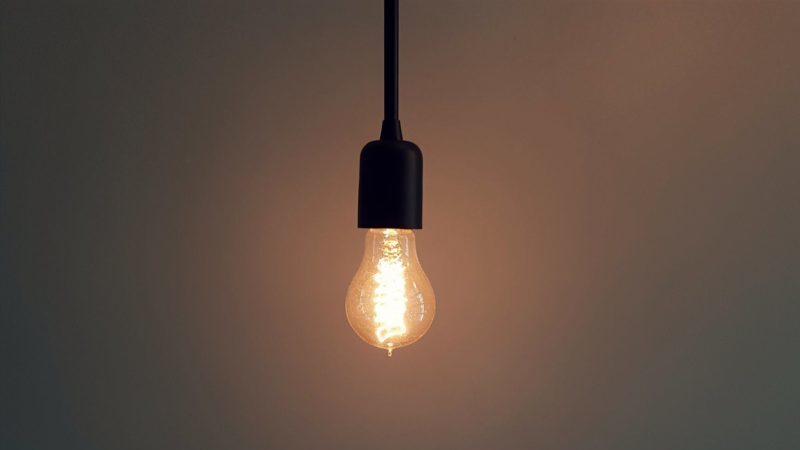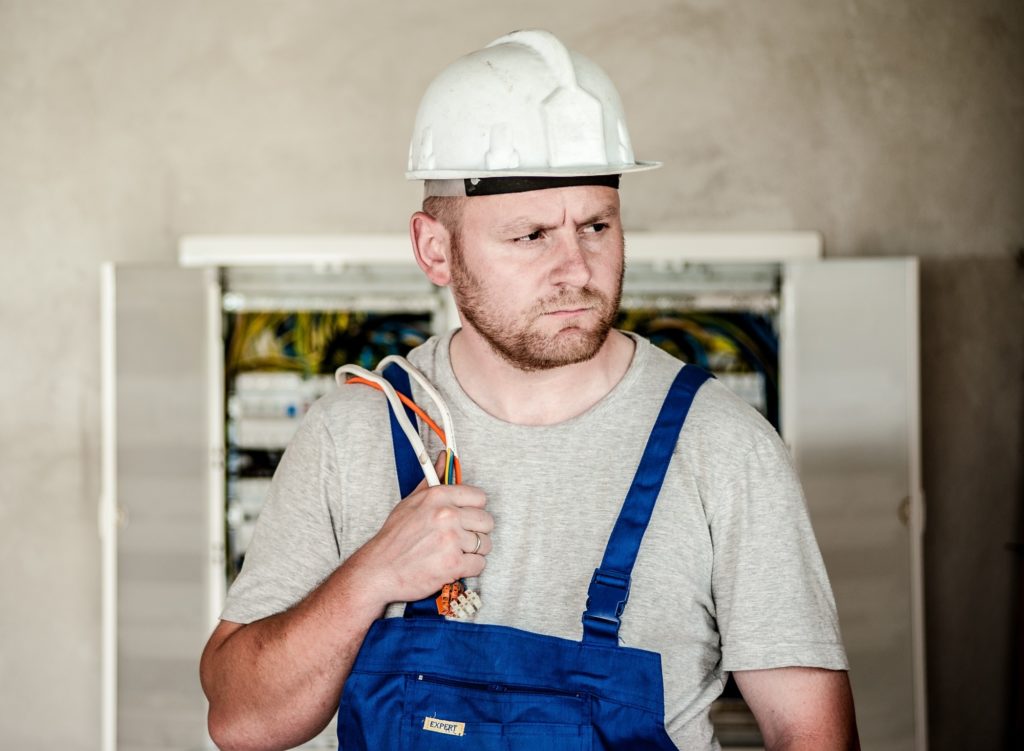Disclosure: This post may contain affiliate links, meaning we get a commission if you decide to make a purchase through our links, at no cost to you. Please read our disclosure for more info.
Lights flickering and dimming on their own can be a pretty spooky occurrence — especially when you consider what could be causing them to malfunction.
If left unchecked, even the slightest electrical problems can become extremely dangerous and can lead to costly repairs or even devastating house fires. So, as soon as you notice your lights flickering, you should do everything you can to identify the source and fix the problem.
Aren’t sure what could be causing your lights to dim and flicker? We’re here to help.
Here are a few of the most common causes of flickering and dimming lights.
In This Post:
It’s the Grid
Sometimes it’s not you — it’s the grid.
If all of your lights seem to be flickering and browning out simultaneously and for extended periods, then that could be a sign that there’s a problem with the power grid your home is attached to, not your wiring. And, unfortunately, grid issues aren’t exactly something you can fix for yourself.
If you want to make sure your lighting issues stem from issues with the grid and not something more serious, you contact your local power provider to check.
Worn-Out Wires
If you live in an older home, and the dimming and flickering lights are happening all over your home, not just in one localized area, you could be dealing with outdated wiring. Bad wiring is one of the more dangerous causes of flickering and dimming and should be dealt with quickly to avoid any potential damage.
If you think your wiring may be out of date and are wondering what to do, the best course of action would be to call in a professional as soon as possible.
Overloaded Circuits
Do your lights seem to dim or flicker when you turn on a device or appliance that needs a lot of power? Then you could be dealing with an overloaded circuit.
You can check to see if your major appliances are running on the same circuit by checking your circuit breaker. You may be able to fix this issue yourself, depending on what devices are overloading the circuit. But if you have any concerns, you may want to consider consulting an electrician.
Overworked Outlets
If just one or two of your lamps are dimming and flickering randomly, there’s a good chance the problem stems from the sockets.
After years of plugging and unplugging, outlets can eventually wear out. When this happens, their sockets can become loose, which means plugs can move around in them.
While this may seem like a considerably small issue compared to having to rewire your house, it can still be a dangerous one. So, if your flickering stems from your outlets, you should replace them as soon as possible.
Bad Blubs
Like with the outlet issue, if just a few of your lights seem to be flickering, you may want to double-check the blub. If a light bulb is not screwed in all the way or is the incorrect blub for that lighting fixture, it could lead to random flickering or dimming.
How to Deal With Lights Flickering
Lights flickering on their own could be the result of a minor issue. But, when dealing with electrical problems, it’s always better to be safe than sorry.
Now that you know a bit more about what could be making your lights flicker, it’s time to get to work getting everything back to shining the way they’re supposed to.
Are you looking for more advice on how to deal with electrical issues in your home? We’ve got you covered. Check out the rest of our blog for more helpful articles today!




